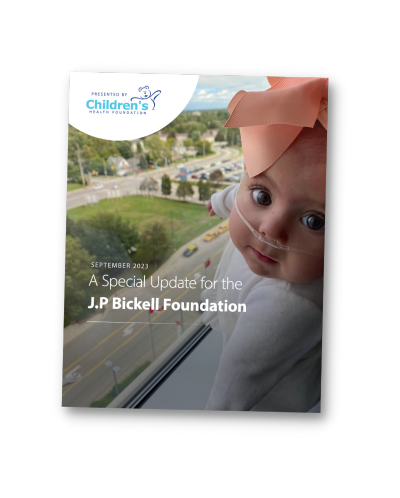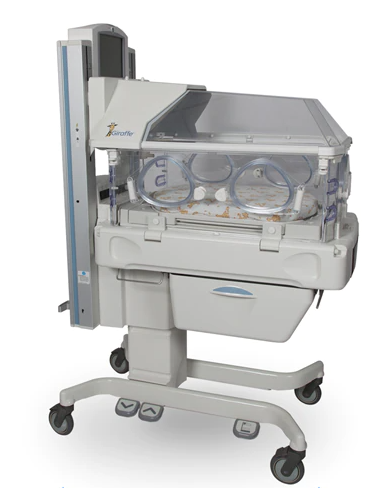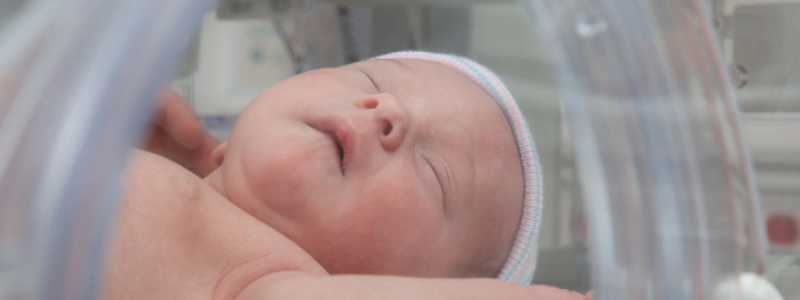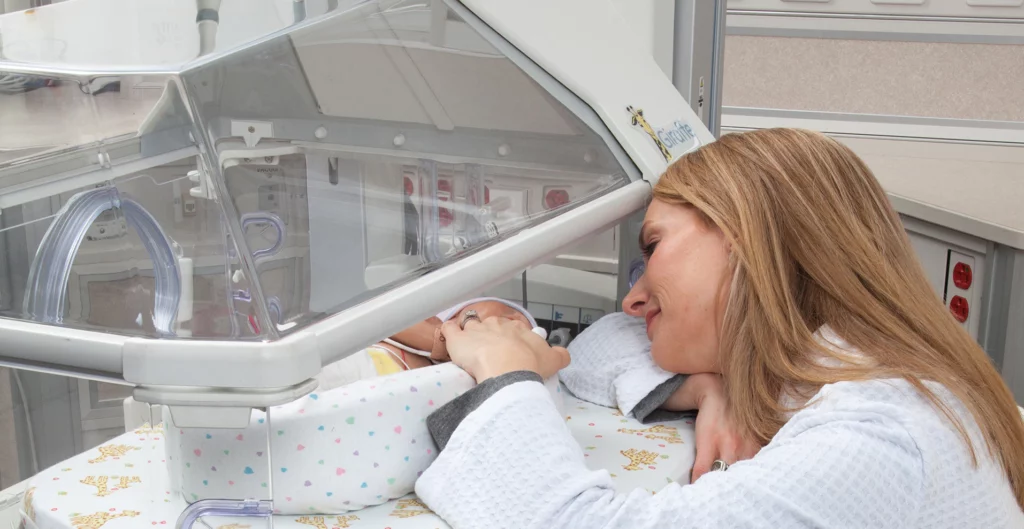Portable to the bedside, it provides our neonatologists with a “window” into a baby’s organs, such as the brain, lungs, blood vessels, gastrointestinal tract, and kidneys, without risk of radiation, at any time of the day or night. The information that can be gleaned from this equipment has been contributing to life-saving decisions about care.
You can download the stewardship report we sent to you in September for more information on the impact of your support.
